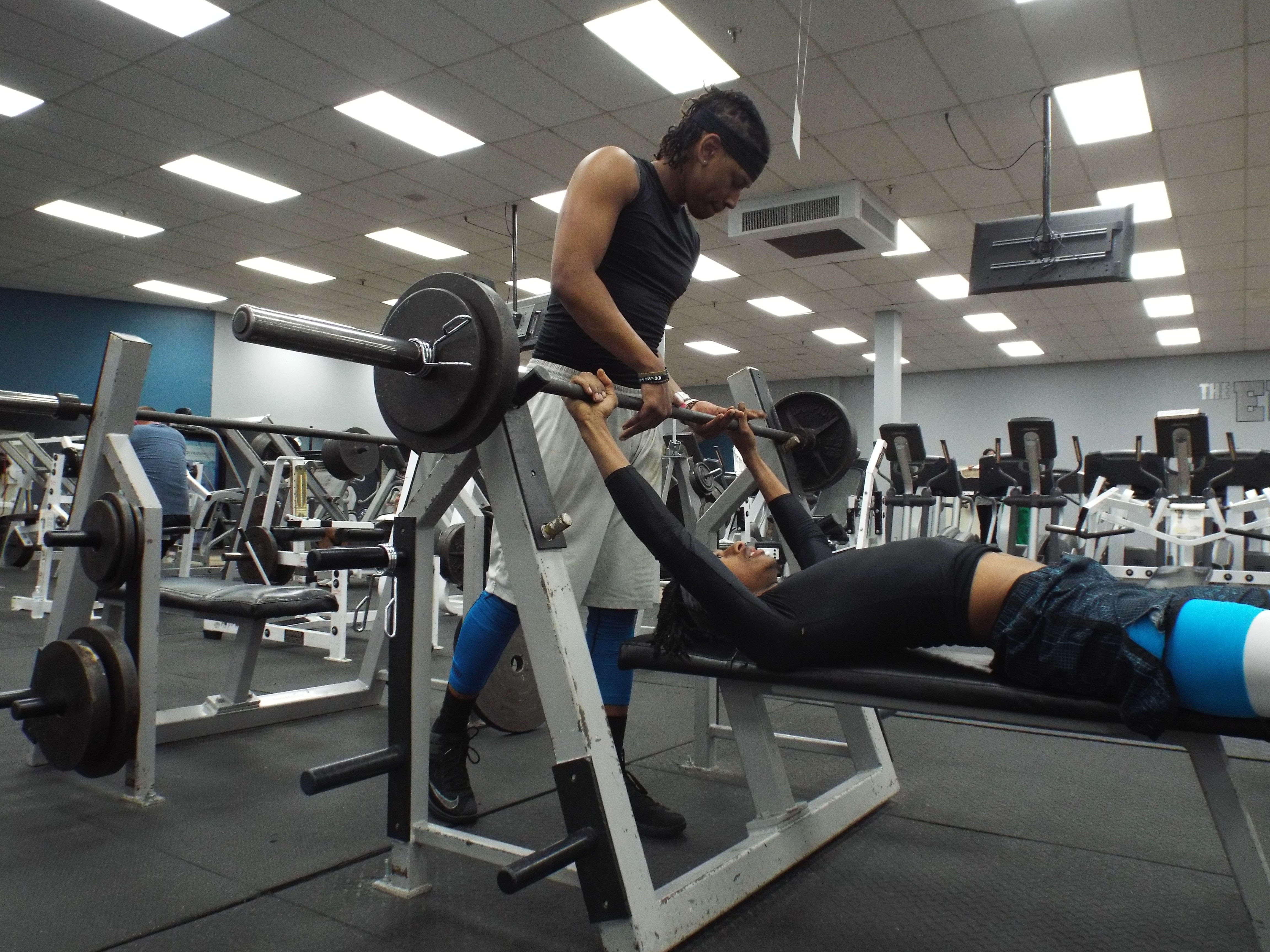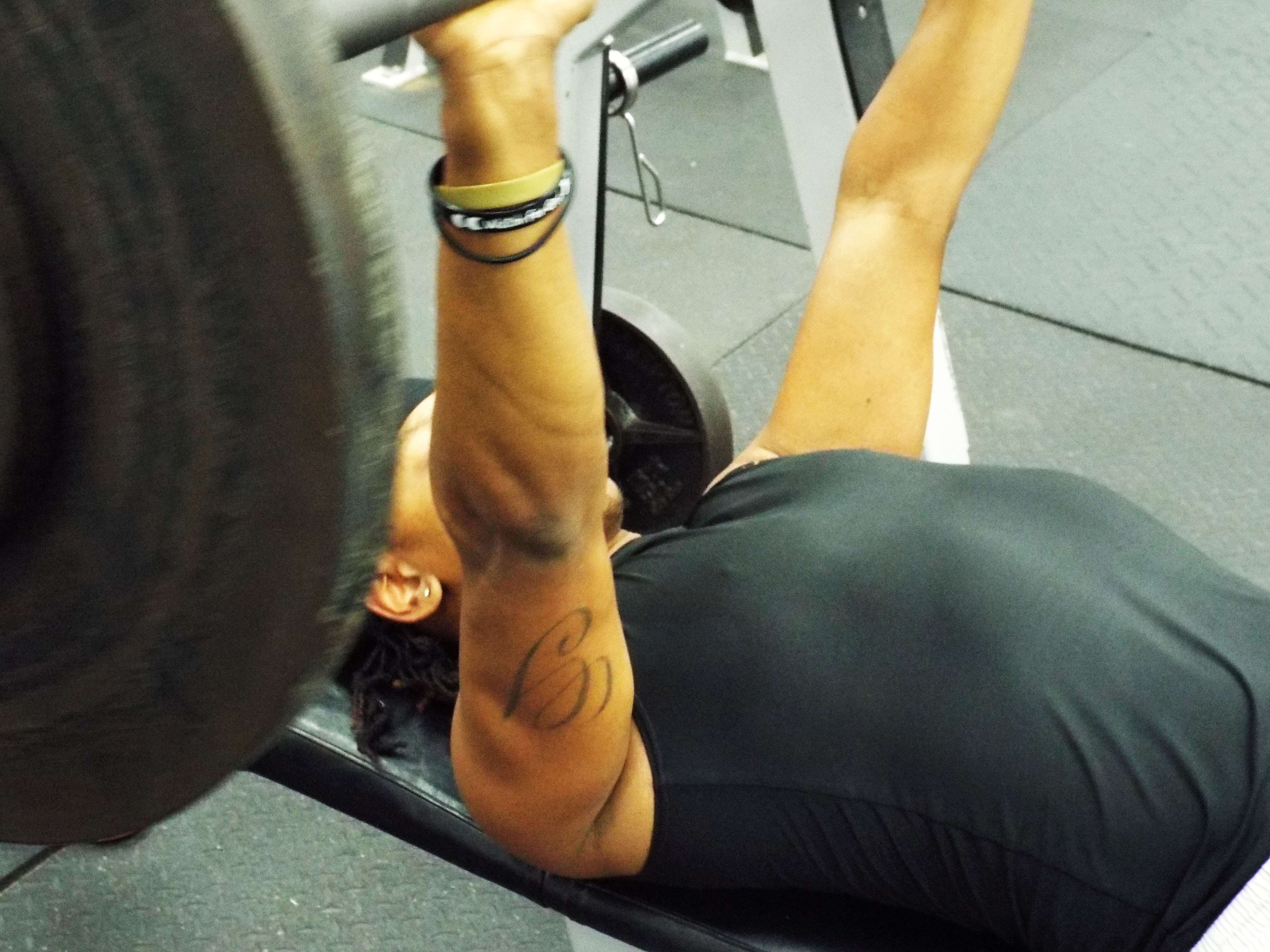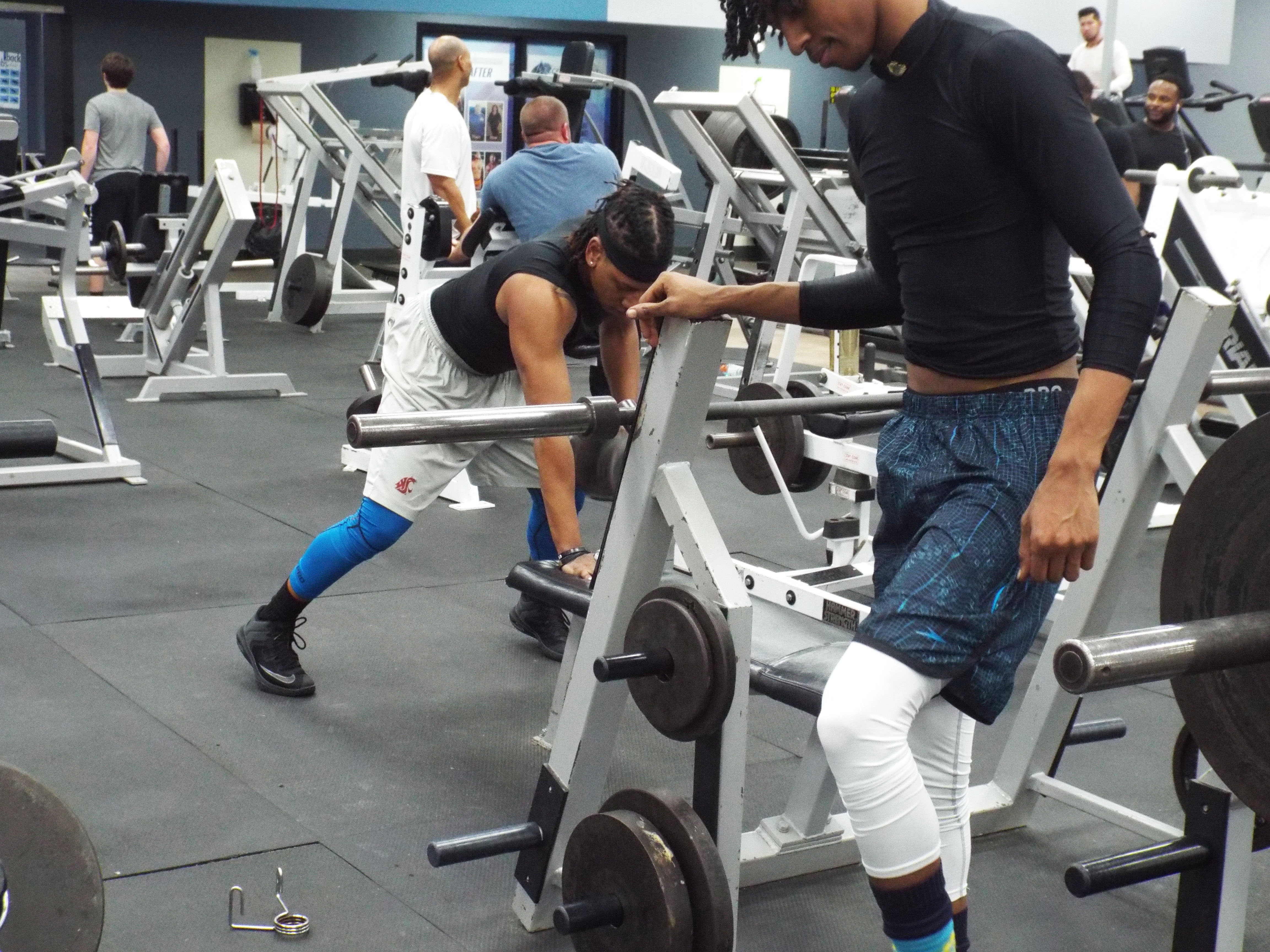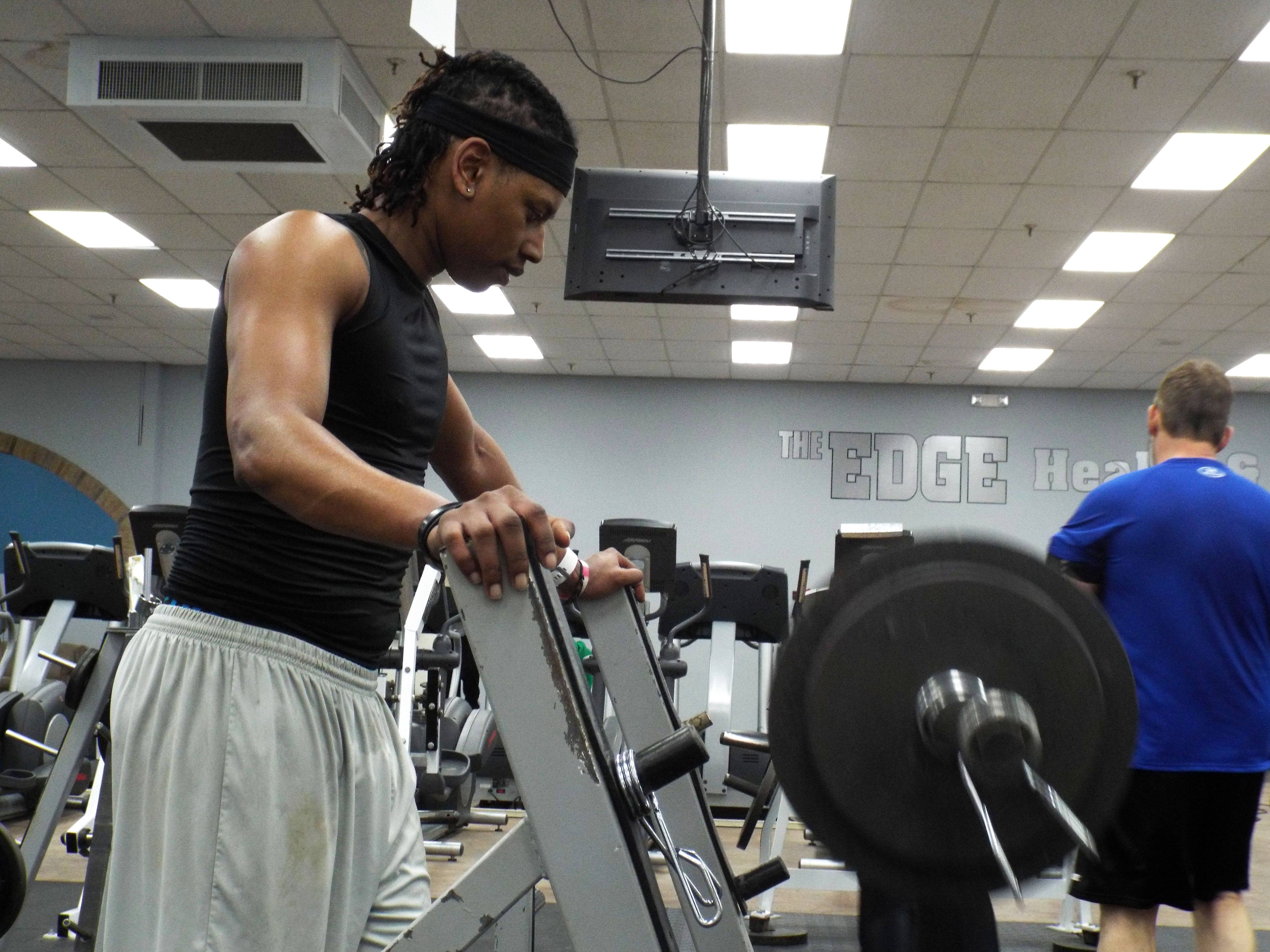
The Final Season
Athletes' transitions after college
By Alexandria Gaines
March 13, 2018
Athletes at all ages have that dream of playing their sport professionally. Whether it started from watching their favorite team or athlete play at a young age, family influences or just the love for the game. They train, go to all the practices and try their best to make every game an outstanding one. But what really are the chances of an athlete making it to the professional level?
NCAA statistics show that of the over 1 million students participating in high school football, only 6.8% will take their talents to college. However, the largest percent (2.6%) of those students will play for a Division 1 school. The chances for students participating in baseball are higher at 7.1% but most of these students will play at a Division 3 school.
The info-graphic on the left shows which college football conferences produced the most draft prospects in the 2016 NFL Draft. The info-graphic on the right breaks down how many male athletes competed in football, basketball, soccer, baseball and ice hockey and the probability of these athletes making it to the professional level.
Take a look at these college athletes’ chances of playing professionally. Of the over 480,000 student athletes competing, only a very select few will make it to the next level. The NCAA calculated around 74,000 student athletes participating in football and only 1.5% of them have a chance to get drafted and play professionally. Another thing to take into consideration is that not every athlete who is drafted by a team will make it past the cuts to stay and play for that team. Professional teams include NFL teams as well as the Canadian League and Arena Football League.
Brittany Tyree, Elon University’s Associate Director of Career Advising for Student Athletes discussed how her job helps make the transition for student athletes, following their final season of playing, a little smoother. Tyree was a heptathlete on the track and field team at Ohio University and one of the many athletes across the nation who had to come to the realization that her sports career was going to come to an end.
"Moving on from sports was challenging. For so long, athletics had been a significant part of life. I ran track for 12 years and then just like that, my season was over. I quickly realized there was going to be a void in my heart that would I have to fill."
She was able to fill that void with her job, which she describes as “creating meaningful relationships between our student athletes and the workforce.” Tyree also discussed how she stresses to student athletes the importance building relationships. Not focusing solely on their relationships with their team but who else can they build relationships with and what other organizations on campus can they get involved in. In her years as a college athlete, Tyree was able to take advantage of the resources Ohio University had to offer to help make her transition from her last season to finding a job in the workforce a little easier. She hopes that her job can help Elon’s student athletes in the same way.
Tyree works with athletes' in all different sports and discussed how her job impacts their lives as a student athlete. She talked a lot about supporting their dreams of playing professionally but also how she encourages students to go beyond athletics to find things they enjoy doing. Rather than only focusing on their sport, she talks about finding other organizations to get involved in or different events they can go to around campus to see what Elon has to offer.
Although a majority of athletes do not make it to the professional level, there are some young men who beat the odds and are able to, or are in the process of, making a living off their passion for sports. North Carolina natives, Chris Blair, Dominique Bridges and CJ Grice are a few of those guys.
Chris Blair started playing football at a young age and is a recent graduate from Elon University. Following graduation, Blair got in touch with an agent to help broadcast his talents through a highlight tape and he is also in the gym training and staying on top of things as he awaits the opportunity to showcase his talents to NFL teams. When asked when he decided he wanted to pursue a professional football career, his answer was simple;
“Since high school. It’s just something I’ve always known, like I was destine to do this.”
Growing up with brothers who played football, Dominique Bridges got into the game at 7-years-old. He would go to their practices and he developed a love for the game. One of the biggest impacts football has had on Bridges is one that coaches made. “In college, with the coaches checking and making sure our grades were alright, making sure in high school that my grades were good so that I could play, I guess football really just got me through school.” From playing at Western Alamance High School, to walking on at the University of North Carolina at Pembroke, to now playing on a professional arena football team in Fayetteville, NC his journey has not been an easy one. .
When you watch the NFL draft or signing day for college athletes, most of the time you see the athlete sitting with close friends and family they consider their support system. For Bridges, that support system is his family which includes his wife and two sons. They have stuck by his side through his journey, including all the rough times not being able to see them as often as he wanted too.
Some athletes have come to love their sport of choice from family influences but for CJ Grice, the biggest influence was watching one of his favorite football players catch a pass. Grice played football for Walter Williams High School in Burlington, NC and made his way across the United States to play at a Junior College in California before transferring to another school in New Mexico. However, he was not always certain he would take his talents to the next level.
The move that took him across the United States was, at first, not all that fun. “At first it was really lonely, I was only like 17 so having to live on my own and meet new people in a place that I don’t know, it was crazy but a great experience. It kind of turned me into a man,” Grice said. He came back to Burlington when he found out his brother was getting married and he really wanted to be there. While here, Grice started his training business, made connections and eventually made the Cape Fear Heroes, an arena football team in Fayetteville, NC and plans to be joining Dominique Bridges this season.




Both Bridges and Grice had a moment in college where they thought they might not have the opportunity to play football at the next level. Each one spoke about the importance of having a backup plan in college and have other jobs outside of playing arena football. Bridges talked about his sons and how he would love if they followed in his footsteps to play football but he also mentioned that he plans to support them in anything they choose to do, football or not.
"Make sure you have a path of what you are going to do other than ball. There is more to life than just football. You can't play in the league forever." - CJ Grice
The path more traveled is one that does not lead to playing sports professionally. For a lot of student athletes, the transition can be difficult because you are leaving a big part of your life behind. Demetrius Oliver, a former wide receiver at Elon University faced the difficulties of giving up football but his reasons were far beyond him. His son played a role in the decision as well.
Oliver began his football career later than most athletes, his freshman year of high school. Prior to his freshman year, he never really had the opportunity to play football so he took his chance and landed a scholarship to play at Elon. He reminisced on one of his favorite memories from playing; “The first game of my senior season in high school, we were down by like two or three touchdowns, something crazy and there were a few seconds left before going into halftime and they kicked it off. I caught it and just got busy, took it to the end zone and it sparked a comeback for us. The other team had like four or five D-1 recruits so it was a really big game for us that season.”
Oliver talked about his last season leaving him stuck between a rock and a hard place. He thought he truly had the potential to go play professional football but eventually made the decision to take the job offer following his graduation in 2017, and moved to Florida. He talked about his transition being a lot smoother than he thought it would be. He had been on his own a majority of his life so moving to another state and having to figure things out for himself was nothing new to him.
Although only a small percentage of college athletes make it to the professional level, here were three athletes, with different stories, making their dreams come true. Giving up the sport can leave you with regrets, like Oliver said, but his choice has offered both him and his son all the stability and certainty he could ask for. However, he did mention he hopes his son would take after him and play football but if he does not, he plans to support him in anything he wants to do.